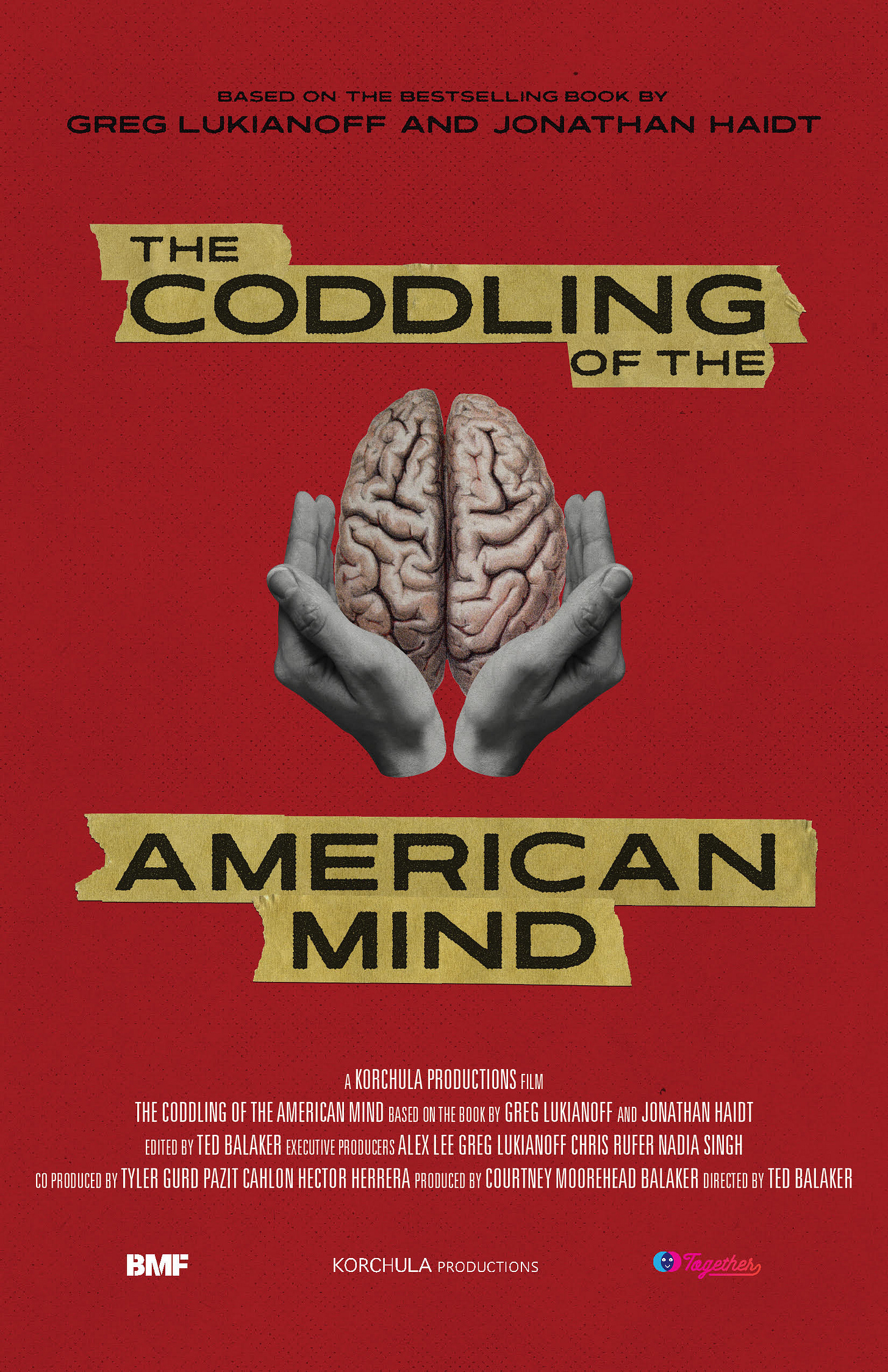Recently, my wife and I submitted our latest movie to one of the most important figures in the world of documentary film. You could describe him as a producer or a sales agent, and if anyone in the industry has the Midas touch, it’s him. Oscar gold, financial success, cultural impact—his titles attract it all.
We asked this producer to consider represen…
Keep reading with a 7-day free trial
Subscribe to Shiny Herd to keep reading this post and get 7 days of free access to the full post archives.





